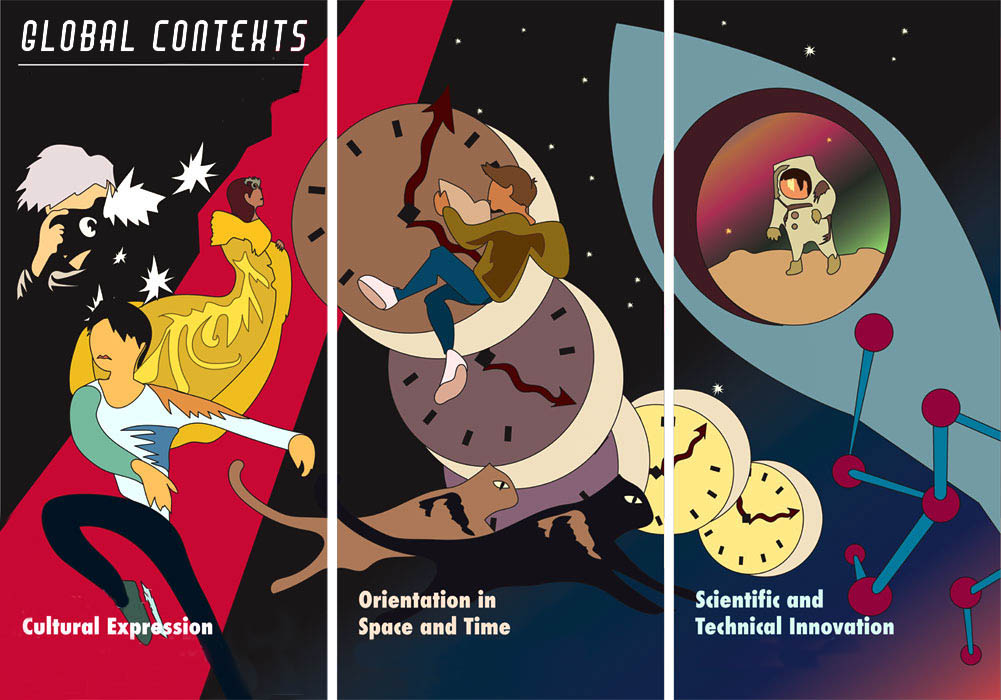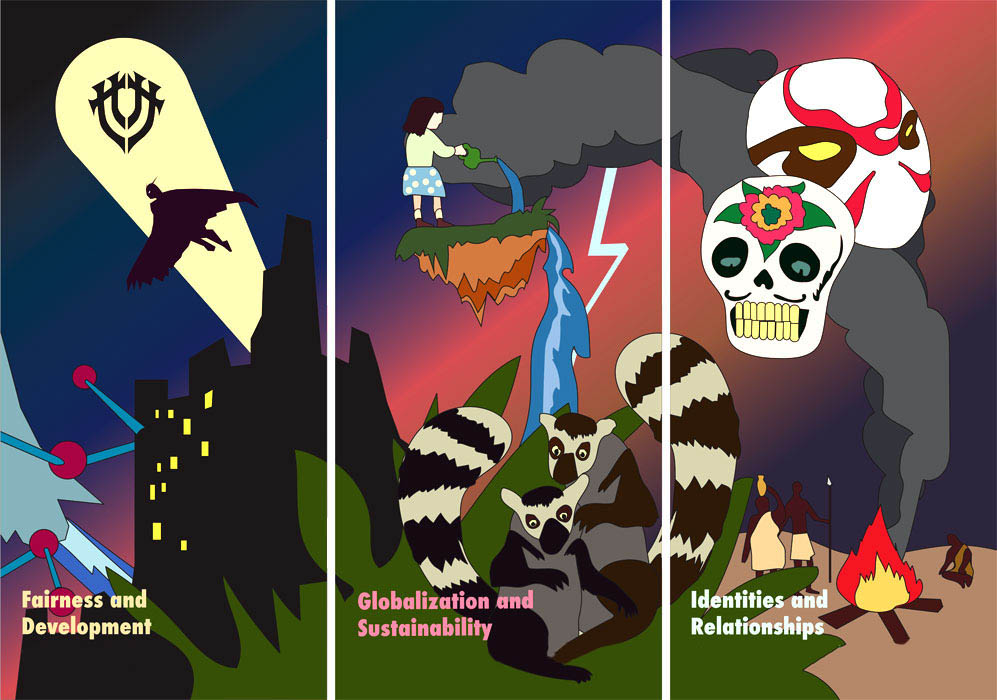
- About Us
- Wellbeing at RCHK
- Learning at RCHK
- Life at RCHK
- Communications
- Admissions
- Search
Personal Project
What is the Personal Project?
The Personal Project is a culminating activity in the Middle Years Program (MYP), which allows students to work on a large-scale project of their initiative and creativity. The project provides them with a chance for their own personal inquiry into a topic that they feel passionate about and enables them to apply the Approaches to Learning (ATL) skills that they have acquired throughout their MYP experience. The Personal Project is also excellent preparation for the IB Diploma Program and the Extended Essay.
What the Personal Project entails
Product
The Product, or Outcome, is what the student’s end goal is. This is determined by the student and then approved by the Personal Project Coordinator. The students then create a series of specifications to determine what their Product will be like and how they will measure its success.
Final Report & Bibliography
The Final Report is a 15-page report reflecting on their achievement throughout the Personal Project process and is assessed based on the three criteria:
– Criterion A: Planning
– Criterion B: Approaches to Learning
– Criterion C: Reflection
While the format of the final report is typically written, students can have the option to do an oral report or multimedia presentation as well.
Personal Project Exhibition
The Personal Project Exhibition is a time to celebrate the hard work and effort put in the past year. Parents and Year 10 students about to start the Personal Project process are invited to view and celebrate with the Year 11 students.
The Role of the Personal Project Supervisor
Each student will be assigned a Personal Project Supervisor to help guide and assist them throughout the process. Students will meet regularly with their Supervisor to review their progress and to receive feedback.
General Timeline
The Personal Project is introduced at the end of Year 10 and continues to the Spring of Year 11. It is expected that students will work on their projects continuously throughout this time, in addition to their assigned class work.
Assessing the Personal Project
Student success in the Personal Project is assessed through the Final Report. Students can access a detailed rubric explaining the various strands of the three assessment criteria. Their grade for the Personal Project is determined by their Supervisor and will count towards their final MYP grade.
Personal Project Resources
Throughout the process, the Personal Project Coordinator holds PP-related workshops, as well as gives additional support for Year 10 and Year 11 students. All students can access Personal Project resources (detailed timelines, templates, forms, presentations, rubrics) through a shared Google Drive and in Google Classroom.

